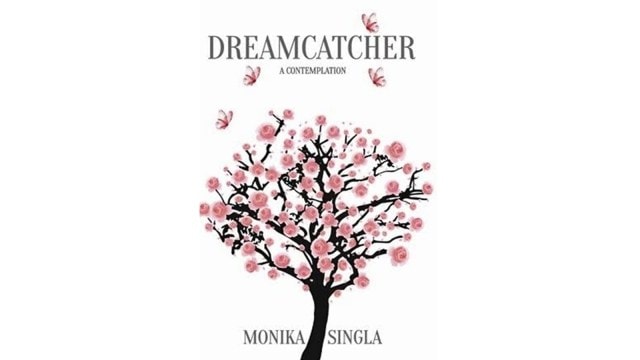Dreamcatcher by Monika Singla is a breezy story about the ‘unlived life’
The protagonist, Loveena, a woman in her forties, is the author's conduit to the mental ramblings of everyone around her, from her childhood babysitter to her parents to the man she loved
 The book tries to explore the casual classism of the Indian middle-class in many ways, most pertinently with the dynamic between Loveena, her babysitter and mother (Source: IBP books.)
The book tries to explore the casual classism of the Indian middle-class in many ways, most pertinently with the dynamic between Loveena, her babysitter and mother (Source: IBP books.)Dreamcatcher: A Contemplation by Monika Singla is a novel that could also pass for a short fiction collection. Large swathes of time go by in the span of a few paragraphs, sometimes sentences. Singla has a knack for hopping from character to character, exploring their life stories and picking only the incidents relevant to that of the protagonist, Loveena, a woman in her forties coming to terms with a bad marriage, estranged parents and unfulfilled dreams. While the prose can be purple at times, its philosophical digressions from the narrative overstaying their welcome, it’s a pleasant read that never tires you out. It’s breezy without being fickle.
Loveena’s life is a way for Singla to explore many lives – her childhood babysitter, her mother, her father, the man she loved, the man she married, and so on. Everyone is dealing with some sort of ‘unlived life’, in the words of literary critic Harold Bloom, giving Singla an excuse to step into their heads and indulge in mental ramblings of ‘what if’. The book runs the risk of sentimentalism and unearned melodrama several times but steers clear by changing tracks just when it’s about to get overwhelming – you get Loveena thinking about whether she’s a victim or agent of life and shift to her mother contemplating the same thing just when you’re starting to wonder where all that self-pity is coming from.
The book tries to explore the casual classism of the Indian middle-class in many ways, most pertinently with the dynamic between Loveena, her babysitter and mother. A scene which describes Loveena going to her babysitter’s house in a slum and being overwhelmed by the smallness of her house compared to her own is juxtaposed with her mother upset that she was exposed to such a sight at her young age. When Loveena’s wedding gets called off due to a severe illness, her mother refuses matches from poorer families. Singla also gets it right by including passages of characters reflecting on their prejudices but not trying to change their ways due to force of habit. Inertia is often more potent than any moral argument.
A tender part of the story is Loveena’s babysitter, who grew up in an abusive household and is used to the men in the family spending all their money on drink. Her harsh reality has only made her gentler, a far cry from her privileged counterparts in the story. It is this ability of Singla’s to authentically and honestly depict a broad cross-section of society without idolising or demonising anyone that makes this novel tick.







- 01
- 02
- 03
- 04
- 05
























